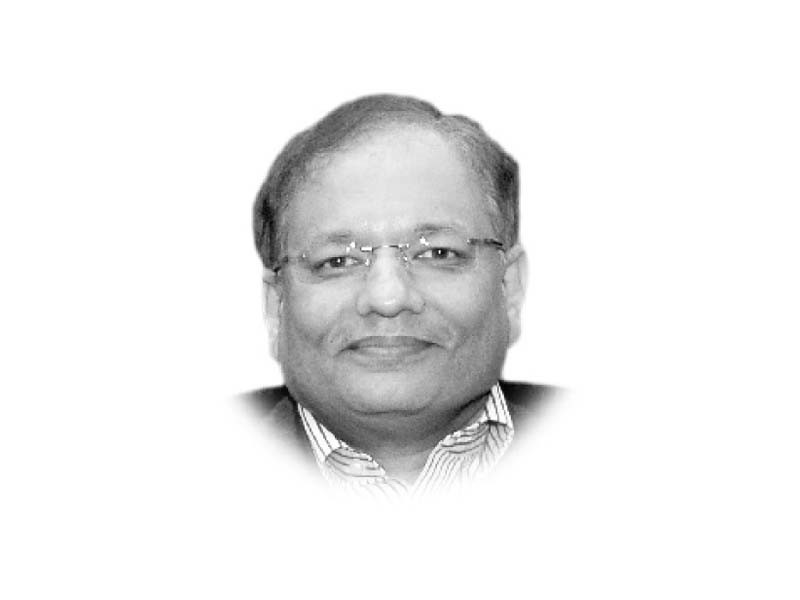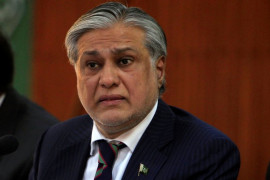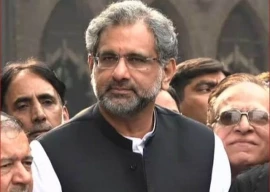
The recent electoral manifestos of Pakistan’s major political parties marked a momentous moment, reflecting a concerted focus on addressing the social issues confronting the nation, with particular emphasis on the underlying challenge of rapid population growth. Now, with the PPP, PML-N and PTI forming governments at federal and provincial levels, the imperative lies in translating these pledges into tangible actions aimed at enhancing the quality of life for the people. Central to this endeavour is the urgent need to establish robust mechanisms for population management.
In its manifesto, the PML-N advocated for the creation of a high-powered National Population Management Council, comprising representatives from both federal and provincial governments to devise and implement a population management agenda through consensus. Many countries confronted with the problems of a burgeoning population have established such bodies. They have proven to be instrumental in orchestrating significant reductions in fertility rates and catalysing socio-economic development.
A review of the structures of these bodies across various countries reveals commonalities that could inform Pakistan’s approach. In these countries critical to the effectiveness of these bodies has been the unwavering commitment of the head of government, coupled with the appointment of seasoned professionals adept in population sciences as the chief executive reporting directly to the head of government and supported by a team of experts.
All such bodies have a clear organisational structure, a well-defined mandate, and a secretariat. The mandate can vary from providing necessary guidance for implementing population policies and programmes to inter-ministerial coordination, monitoring of progress, and evaluation of its impact. In other instances the body acts as a focal point in formulating policy options, identifying evidence-based programmatic strategies, and providing implementation oversight. In most cases the secretariat comprises a team of multidisciplinary experts and representatives of a wide range of relevant departments to support the multi-sectoral efforts needed to influence overall population dynamics, extending beyond reducing fertility rates to include poverty alleviation, human capital development, and improving people’s well-being. In some countries, the secretariat also plays a key role in factoring population dynamics into development planning and coordinating national research programs. In Nigeria, the National Population Commission has set up a national population data bank. The Commission undertakes the enumeration of the population through censuses and monitors the registration of vital events, collects migration statistics, and produces statistical publications. In Ghana, the mandate of the National Population Council includes a strong advocacy role and developing communication strategies to raise awareness about population issues.
Both centralised and decentralised models are available depending on the form of government. In Indonesia, the National Population and Family Planning Board operates at multiple administrative levels, establishing sub-branches at provincial, district, and sub-district levels to coordinate interventions tailored to local needs.
Sustained interest of the head of state is considered crucial. For example in Bangladesh, the head of government chair meetings of the National Population Council every month. Another key aspect is ensuring continuity allowing the chief executive and the technical team to work unaffected by changes in governments. In some countries, these bodies are granted statutory autonomy under the country’s constitution creating parastatal institutions. To elevate the profile of these bodies the secretariat is typically situated within the office of the head of government.
Regrettably, Pakistan has lagged behind its regional countries in bringing down its fertility rates, squandering opportunities for socio-economic advancement in the process. The establishment of a National Population Management Council can be a momentous first step that can propel progress in this direction.
Published in The Express Tribune, April 16th, 2024.
Like Opinion & Editorial on Facebook, follow @ETOpEd on Twitter to receive all updates on all our daily pieces.








































COMMENTS
Comments are moderated and generally will be posted if they are on-topic and not abusive.
For more information, please see our Comments FAQ